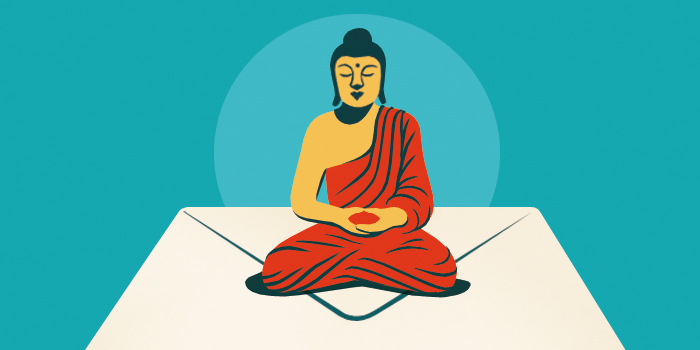What is the doctrine of two truths (absolute and relative)?
The doctrine of two truths—the absolute and the relative—holds that there are two ways of viewing the world: as things appear to be, and as they are. In other words, existence is both relative (or conventional) and absolute. The relative or conventional explanation of reality is what we know and experience, while the ultimate or absolute truth is inexpressible, empty (sunya), and lies outside of conventional experience and language. The conventional truth about something is its dependence on conditions. The ultimate truth is its emptiness. This doctrine has its roots in the words of the historical Buddha, who acknowledged that some experiences, in particular nirvana, lie beyond the ability of language to describe.
The famous Buddhist monk and philosopher Nagarjuna (c. 2nd–3rd centuries CE) held that the Buddha’s teachings must be viewed in light of the two truths if they are to be properly understood. But it is not as simple as relative truth being incomplete and absolute truth being perfect and complete. Nagarjuna walks the middle path between them. Both are true, he said, and there is value in both because the conventional depends on the absolute and vice versa:
Without a foundation in the conventional truth
The significance of the ultimate cannot be taught.
Without understanding the significance of the ultimate,
Liberation is not achieved.–Jay L. Garfield, trans.
Early classical Indian Buddhism, including the Theravada school, which still exists today, taught that samsara was the world of suffering and nirvana the escape from it. Nagarjuna argued that this was only relatively true. The absolute truth, he said, is that there is no difference between samsara and nirvana because both are mental constructs empty of a fixed essence. Viewed relatively, this world of suffering may be samsara, but viewed in the light of absolute truth, this world is nirvana.
There are many ways of interpreting this claim, but it appears to turn the Buddhist path on its head: What is the point of practice if there is no goal? We practice not to become a buddha but because, the two truths doctrine teaches, we already are buddhas, we just don’t realize it yet.

Tricycle is more than a magazine
Gain access to the best in sprititual film, our growing collection of e-books, and monthly talks, plus our 25-year archive
Subscribe now